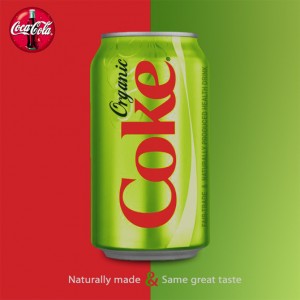Actually, they are more or less here already, but the USDA National Organic Standards Board has just given them a big OK. According to yesterday’s Food Chemical News, the Board approved (13 to 1) a rule to allow “farmed carnivorous fish to eat meal and oil derived from sustainably wild-caught fish — a practice to be phased out over 12 years until non-organic fish feed is no longer needed” (huh?). It also approved a more controversial recommendation (the vote was 10 to 4) to “allow use of open net pens in organic aquaculture, but with restrictions to prevent escapes of farmed fish and recycling of nutrients. Net pens would only be allowed in specified areas to avoid lice contamination.”
USDA-approved agencies have been certifying farmed fish as organic for several years now, so the Board was forced to take a stand on this question. As I have mentioned in previous posts on this topic (and written about extensively in What to Eat), organic rules are supposed to be about the conditions of production.
Since when is ocean water organic? And isn’t feeding “sustainably wild-caught fish” to farmed fish something of an oxymoron? The producers of farmed fish are desperate to be able to market them as organic. So isn’t this move more about marketing than about producing fish sustainably and healthfully?
While we are on the subject of marketing, I’ve just gotten a press release from a company selling what it says is the first certified organic bottled water. Since when is water not organic? And what’s so special about this one?
The National Organic Program says it welcomes feedback and comments. Here’s where to send them.


